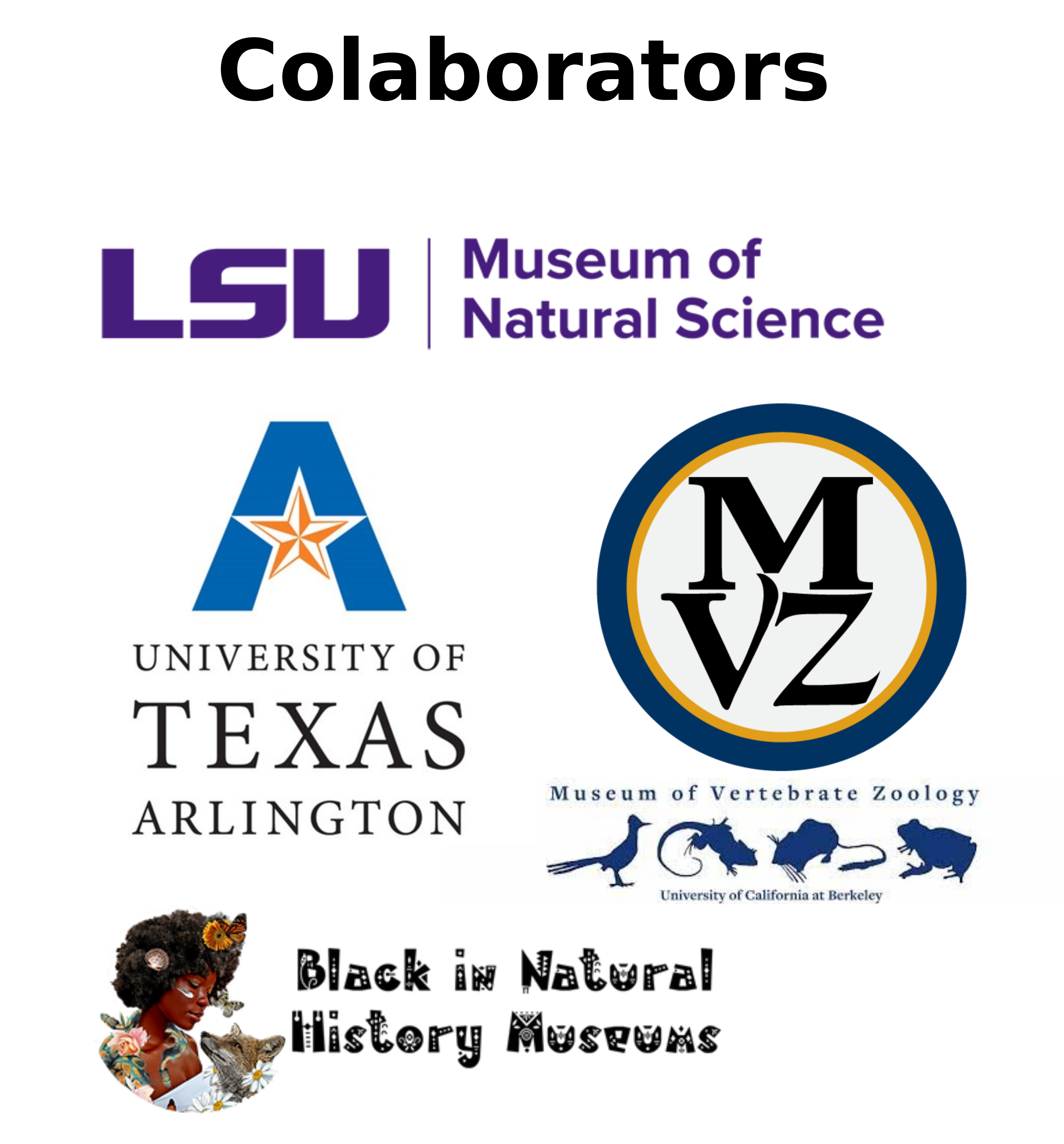Join CANoN
Workshops
Sep
PAFFA (PanAfrican Fish and Fisheries Association)
PAFFA would be a terrific way for you to network with African fish and fisheries scientists. Collaborators: Melanie Stiassny (organizing committee member, see letters)
Read MoreJun
ASIH American Society of Ichthyologists and Herpetologists
The American Society of Ichthyologists and Herpetologists (ASIH) is dedicated to the scientific study of fishes, amphibians, and reptiles. The primary emphases of the Society are to increase knowledge about these organisms, to disseminate that knowledge through publications, conferences, symposia, and other means, and to encourage and support young scientists who will make future advances in these fields. The programs of the American Society of Ichthyologists and Herpetologists are part of a global effort to interpret, understand, and conserve the Earth's natural diversity and to contribute to the wise use of natural resources for the long-term benefit of humankind.
Read More
